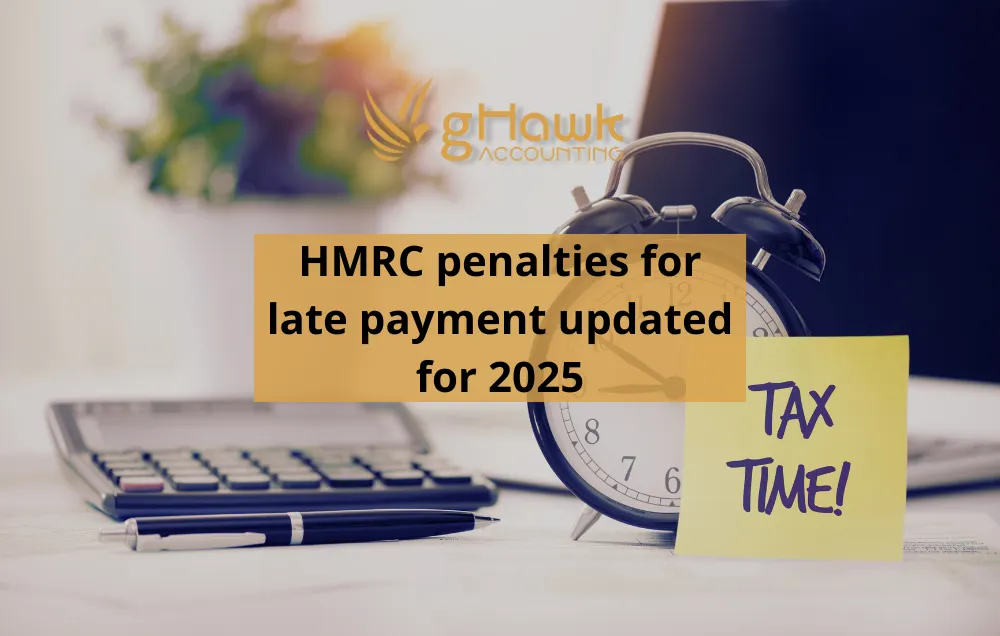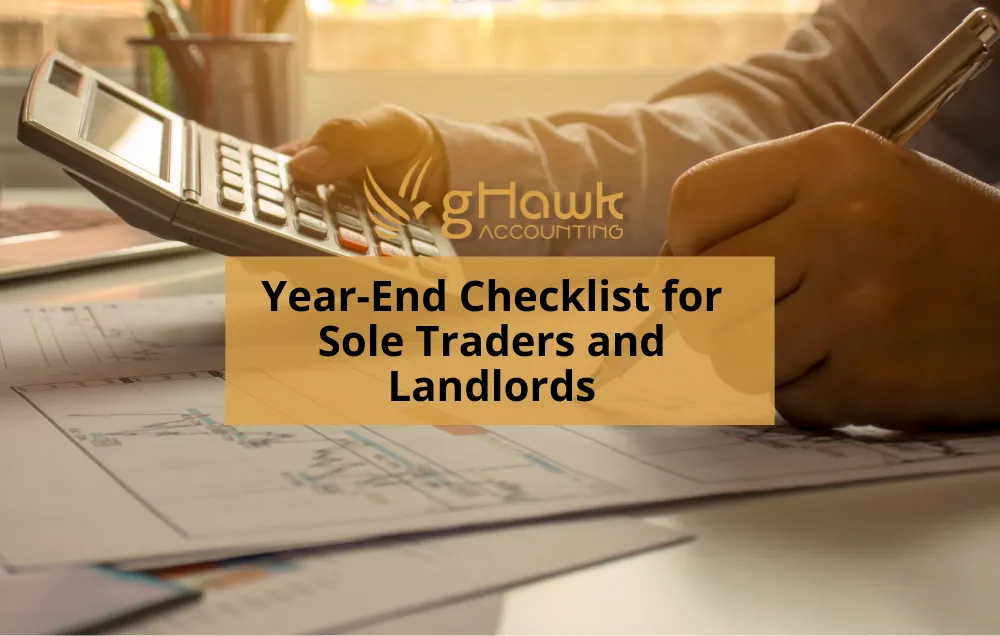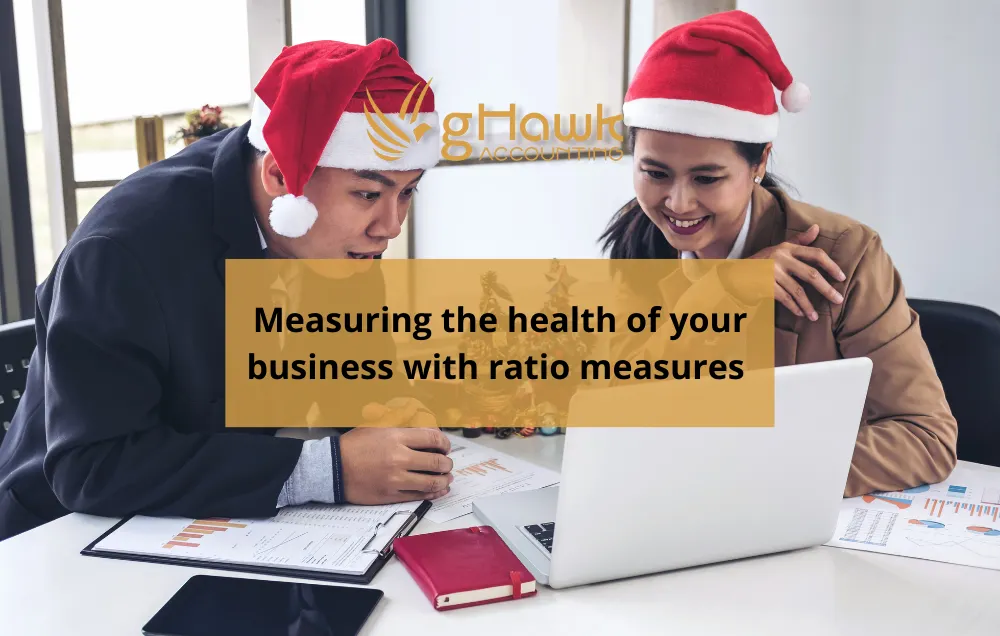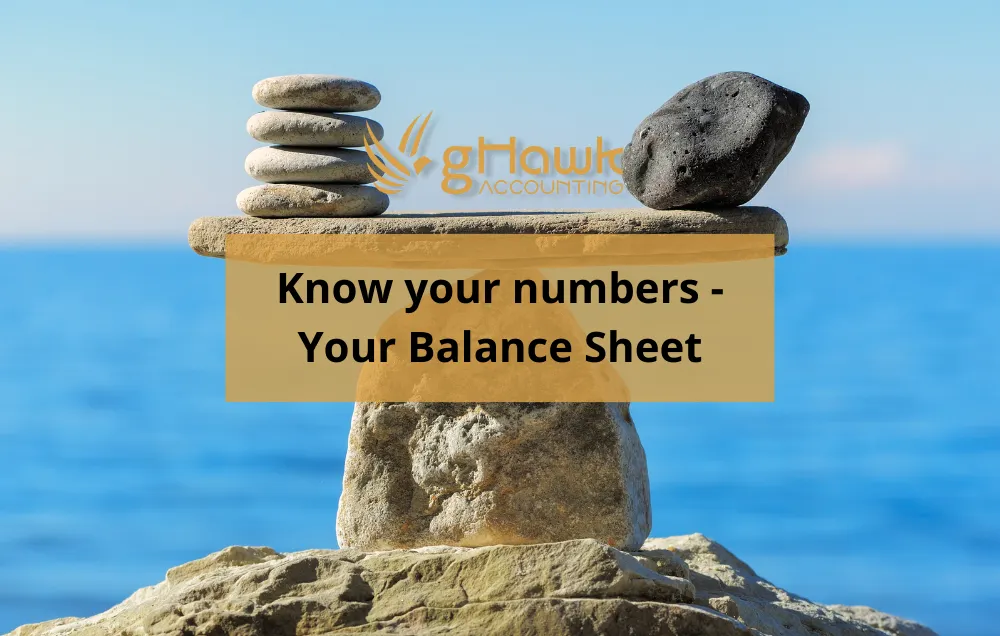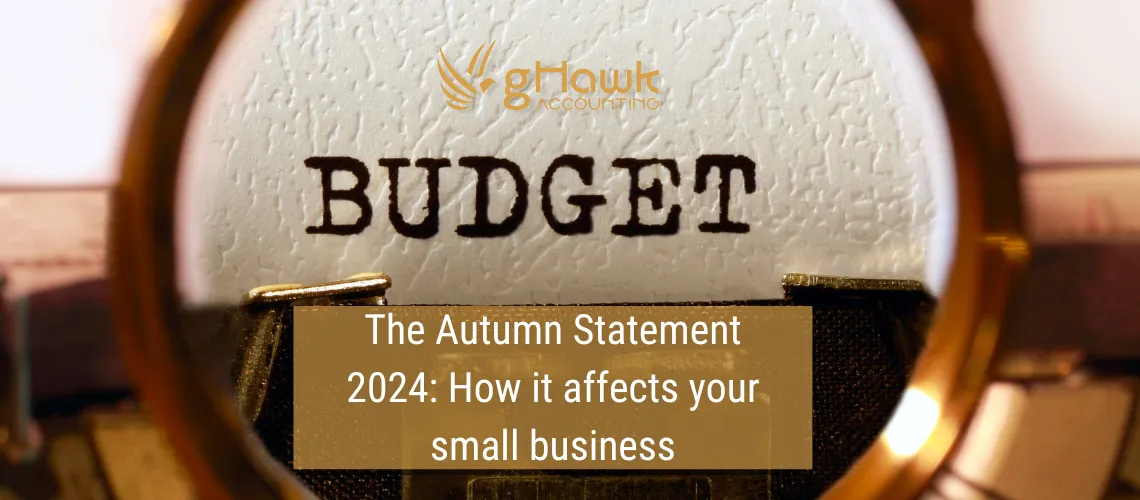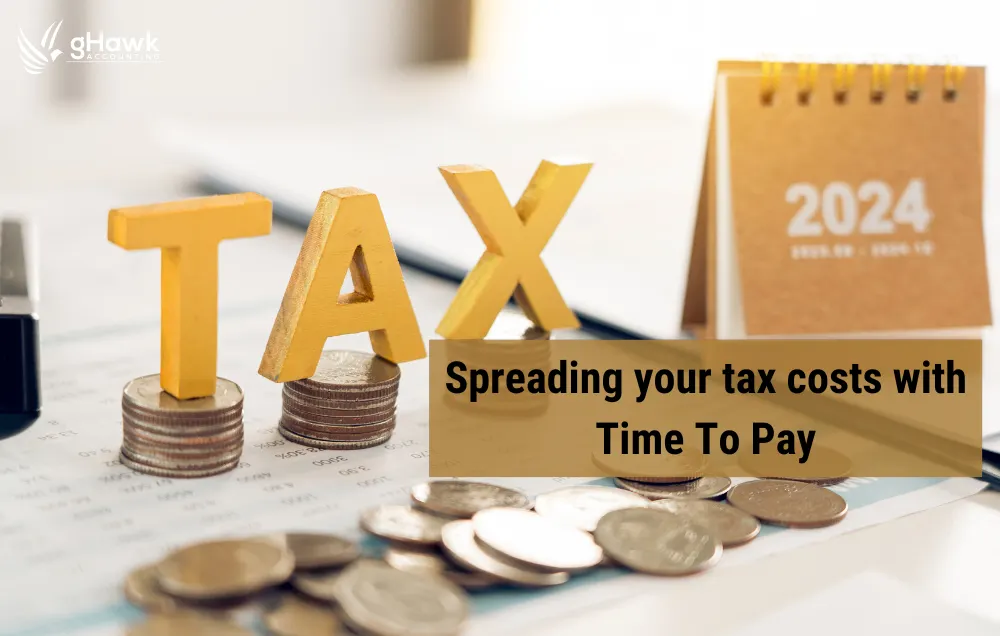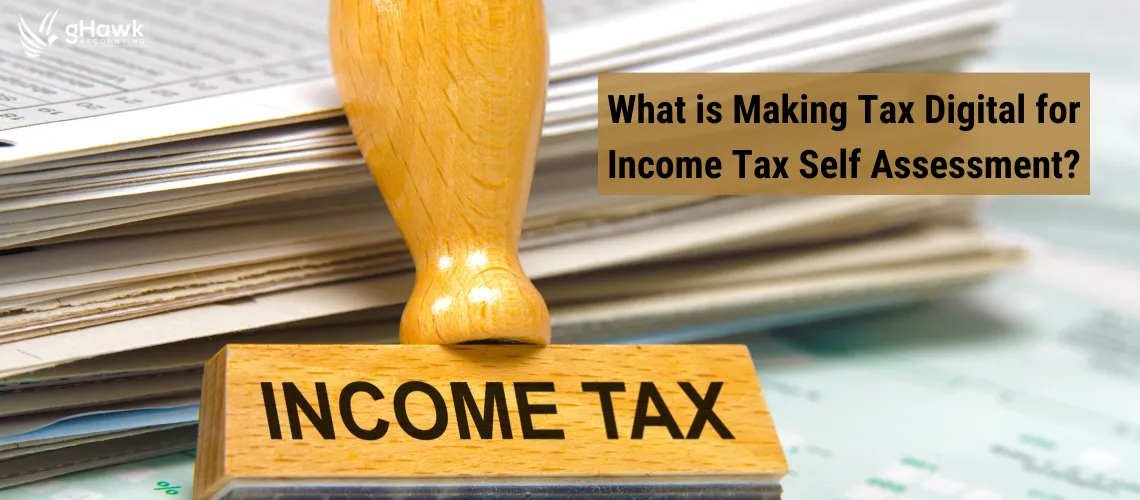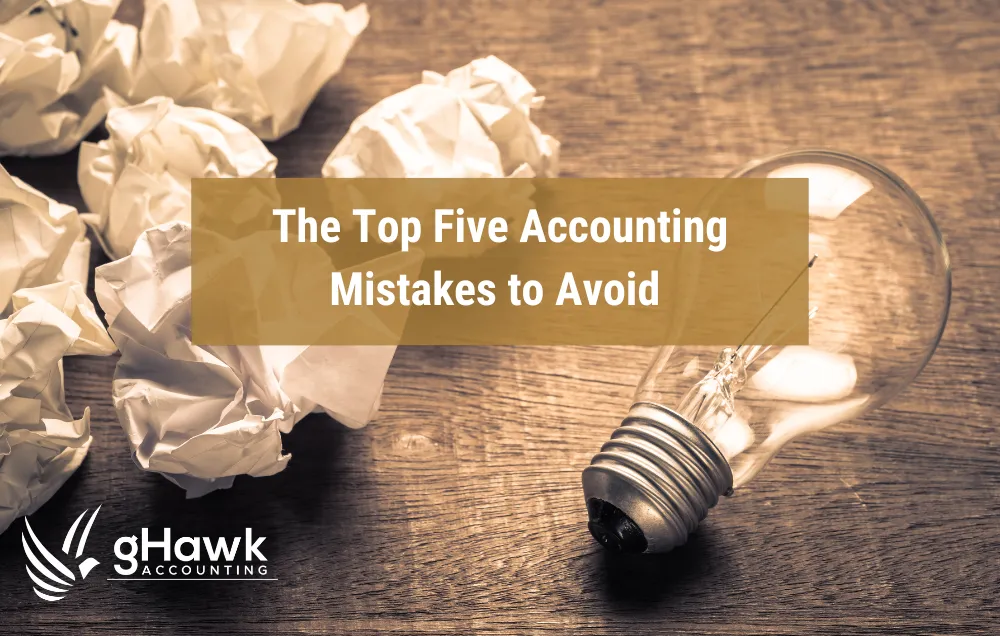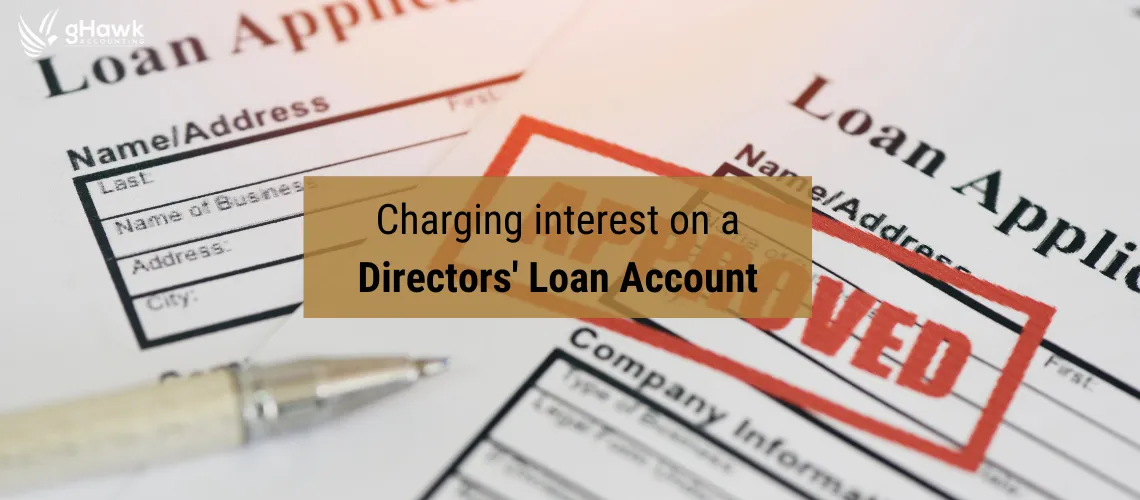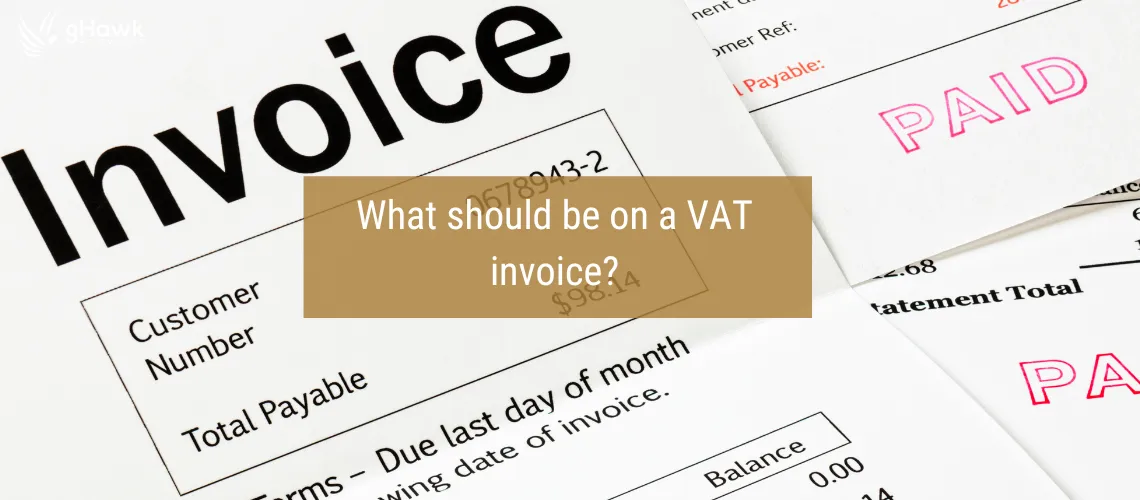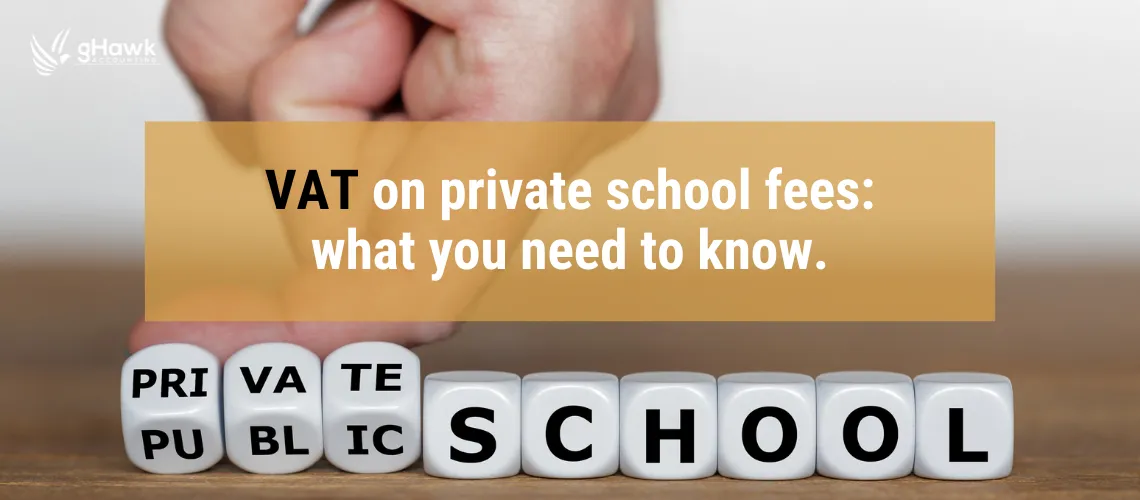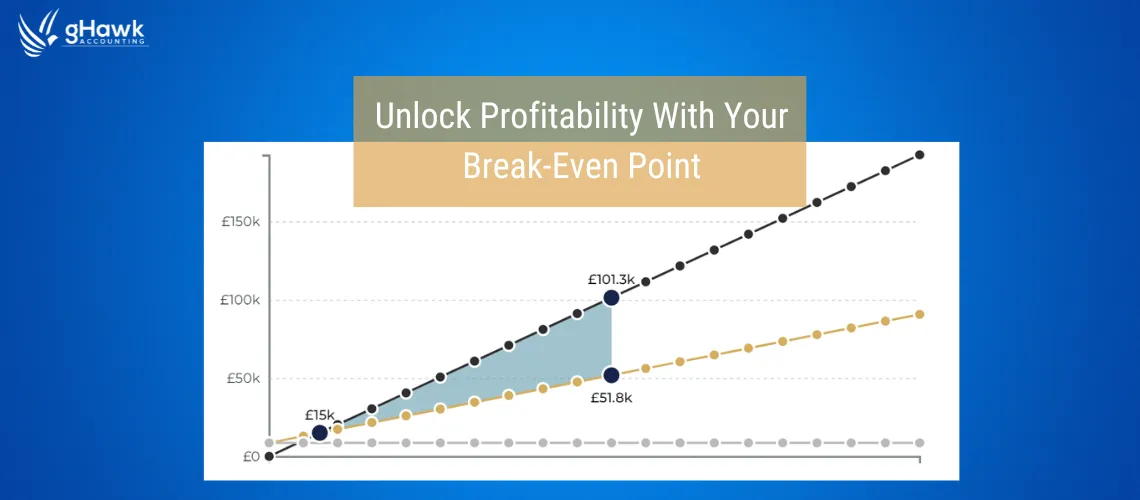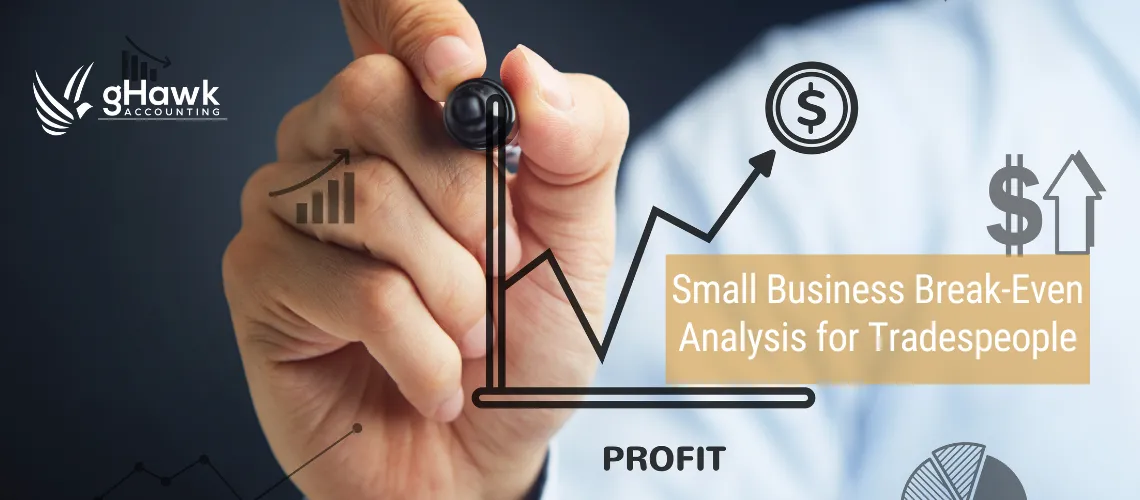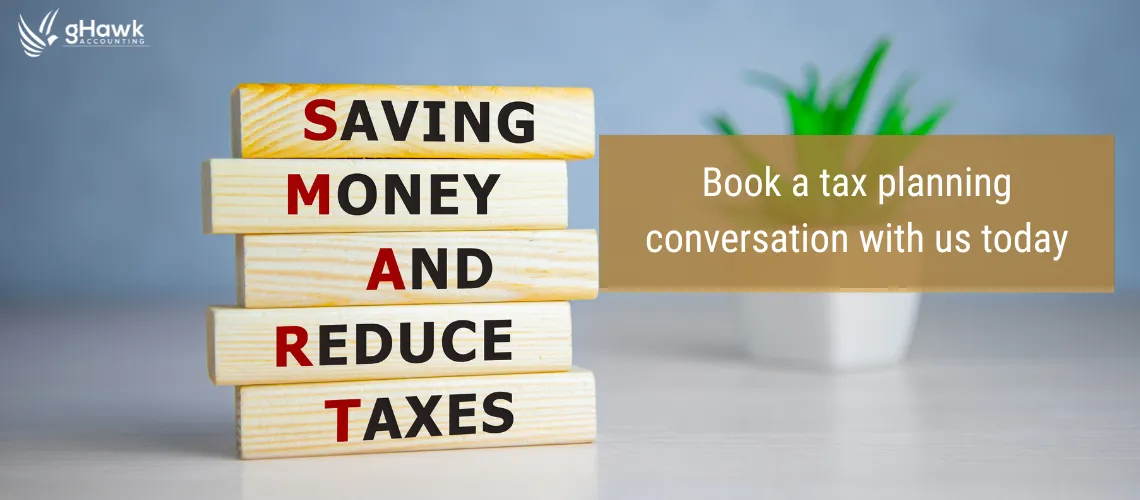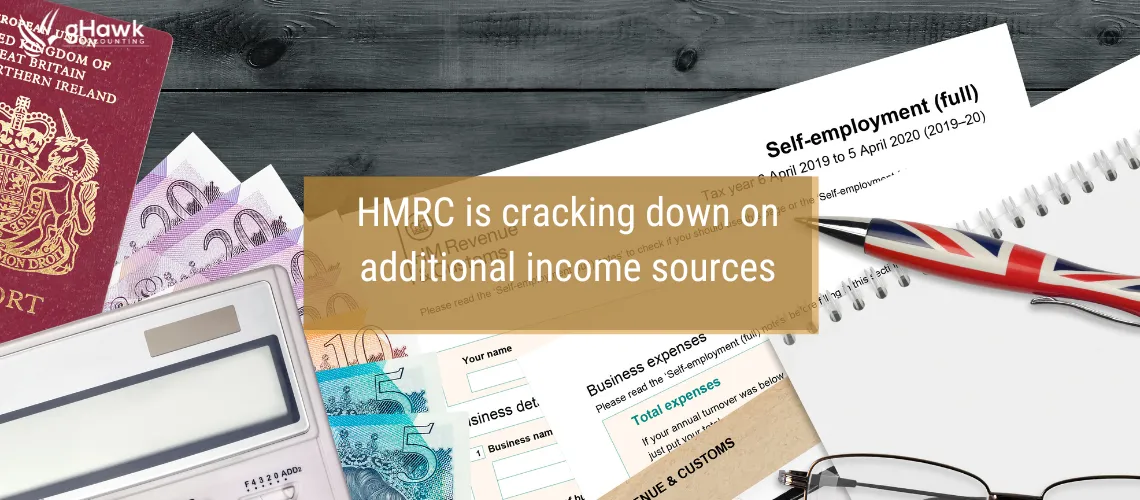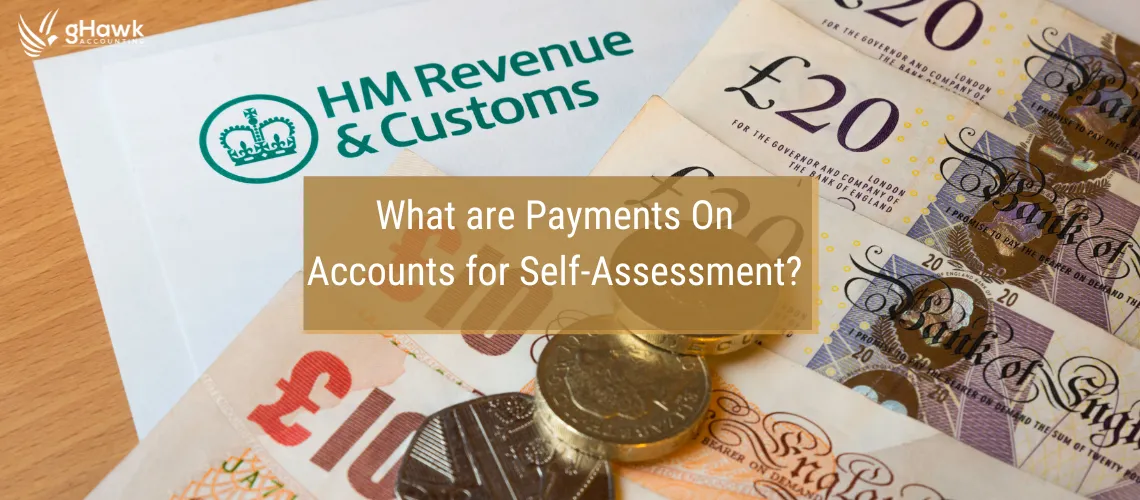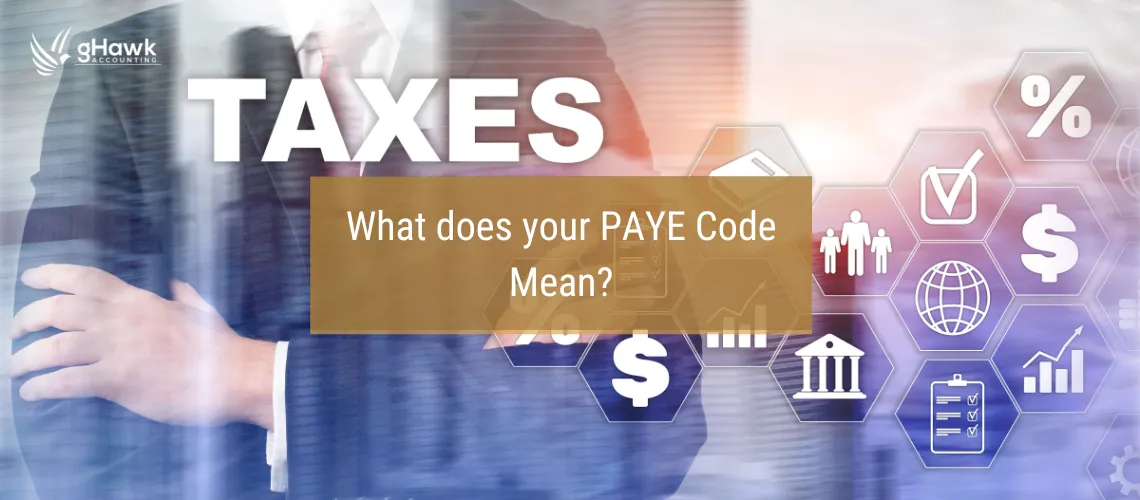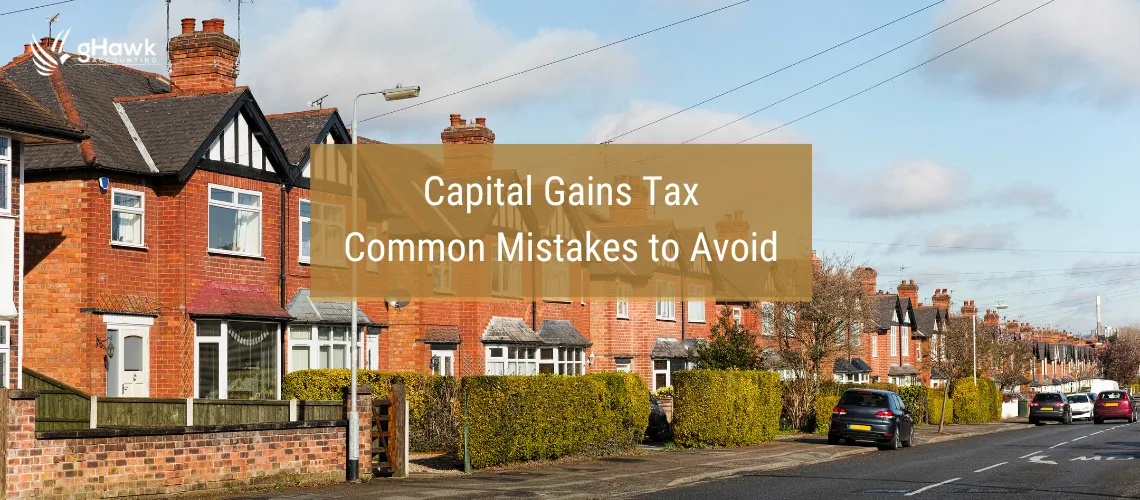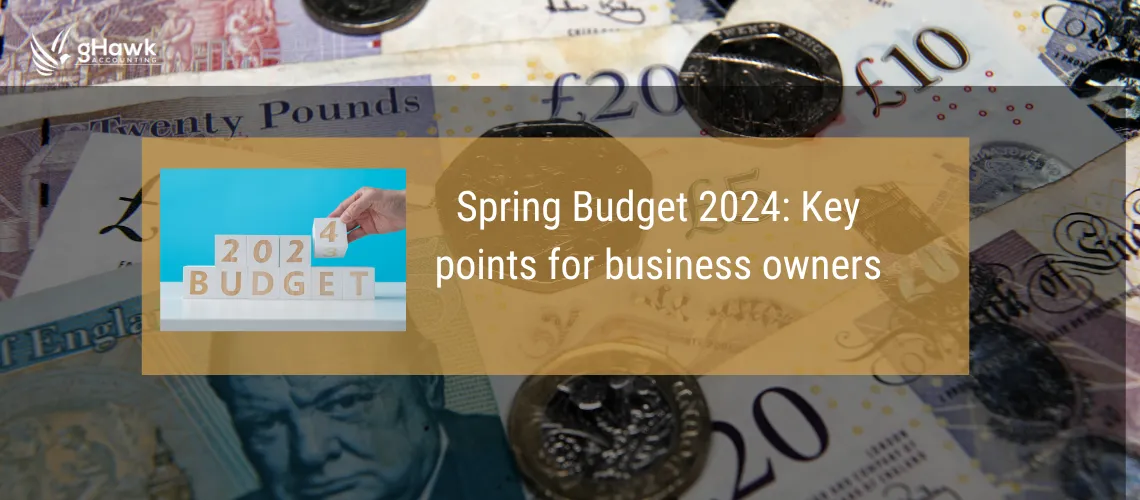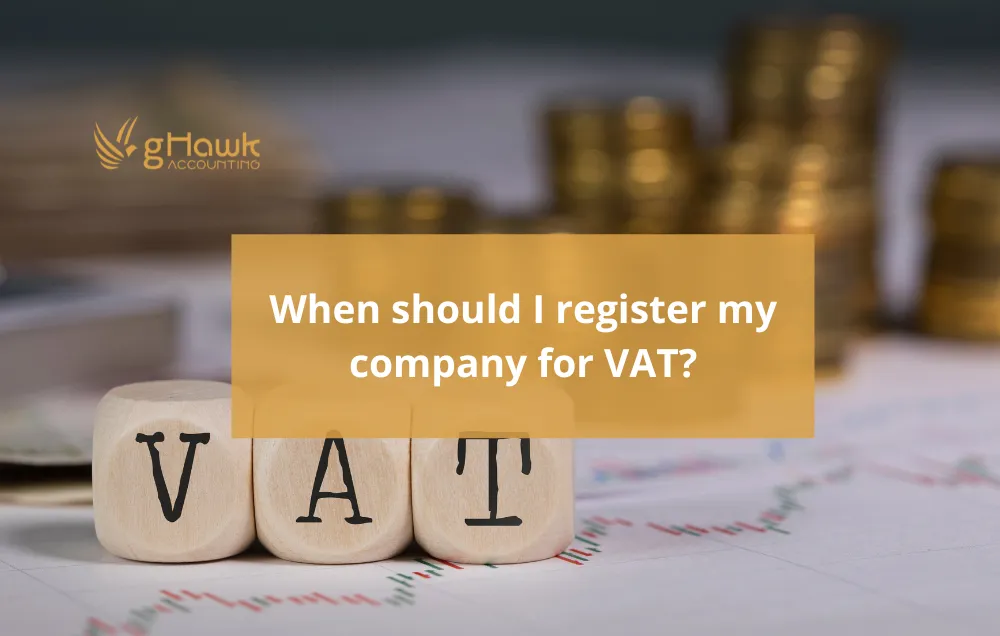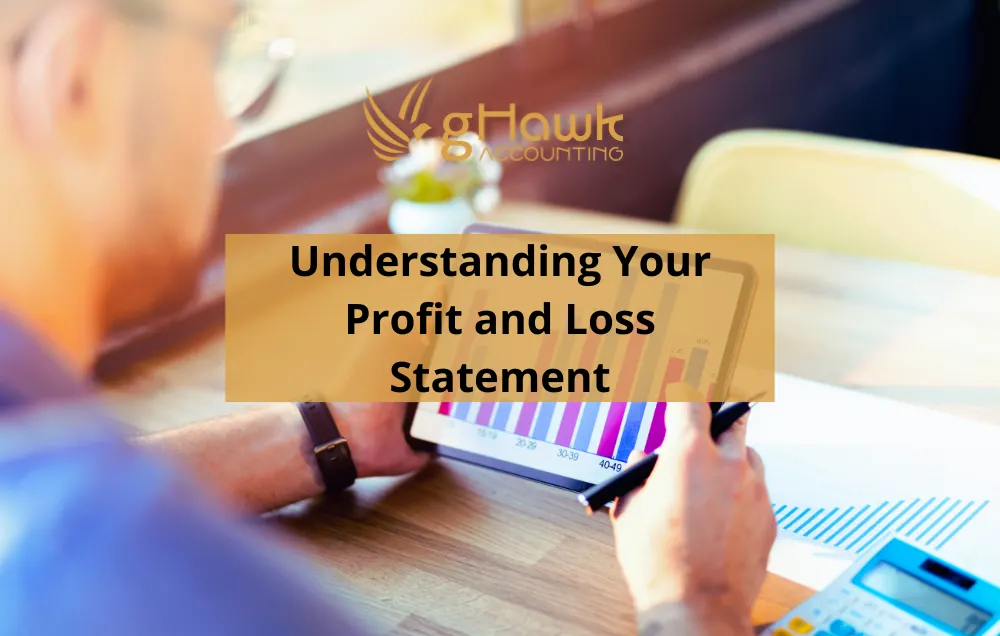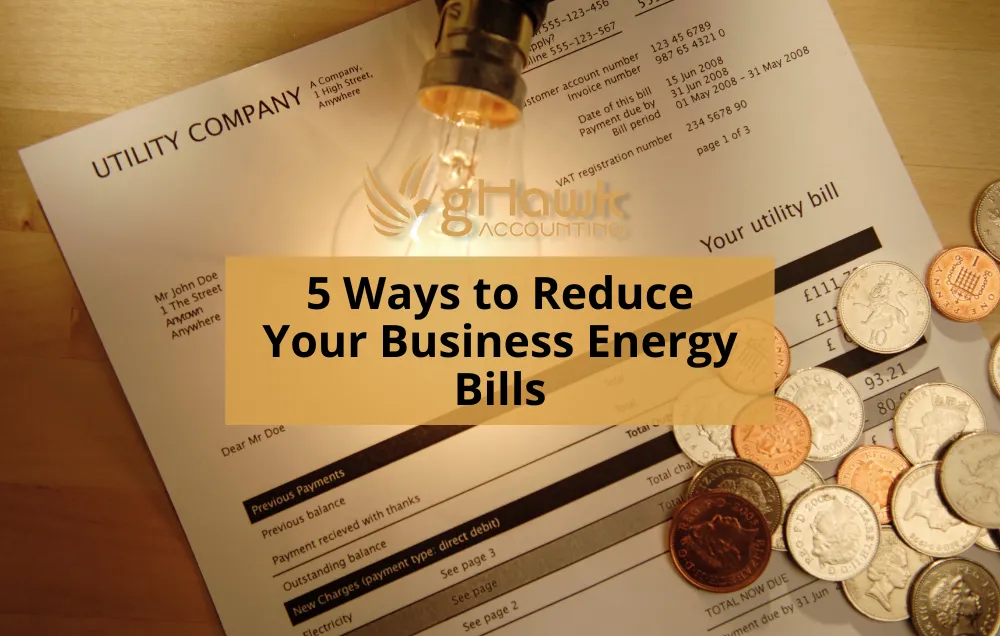Self-Assessment penalties to watch out for!
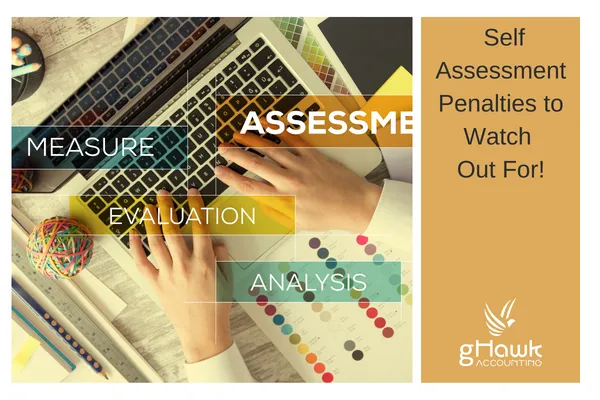
As a sole trader or ‘freelancer’ in the UK, you’re liable to file a tax return. A tax return allows HMRC to calculate how much tax you owe for the year. Unlike an employed role, you must pay your tax in a lump sum and it may vary year on year, depending on your income.
It is your responsibility to submit a self-assessment tax return or engage an accountant to do so for you. The deadline for filing a self-assessment tax return is 31 January.
If you don’t submit your tax return, submit it late or submit incorrect information – you could be in a spot of bother.
Here’s our run-down of potential fines and penalties you may incur if you don’t file your tax return correctly.
Lateness
I just missed the tax return deadline!
If your tax return is late, you could be hit with a nasty fine. For a self-assessment under 3 months late, it’ll set you back £100 – ouch!
I really missed the deadline…
Pushed it a little past 3 months? You’re looking at £10 a day, up to £900 – mega ouch!
I forgot my tax return entirely!
For late tax returns over 6 months, you’ll be charged another £300 (or 5% of the owing, if this is greater).
But I don’t owe any tax…
HMRC can’t be expected to know that you don’t owe any tax, unless you tell them. Your self-assessment tax return is how you tell them.
I did my return, but I paid my tax late/haven’t paid my tax bill…
You’re looking at paying some interest from the day after your tax year ends. Be safe, put the money aside and pay the bill when it comes in.
Failure to notify
In short, failure to notify is when you’ve neglected to tell HMRC about changes that affect your tax liability. For example a new income stream, gone over the VAT threshold, unregistered business or any earnings not declared on your tax return.
You’ll pay a fine that is a percentage of HMRC's lost earnings from the tax you should have paid.
Reasonable excuse
See, HMRC isn’t all bad! If it’s a genuine mistake or you have a good reason for getting it wrong, you’ll get let off… this time.
Not deliberate unprompted & prompted
Unprompted is when you tell HMRC that you’ve made a mistake and prompted is when you only tell them once they’ve started investigating you. For unprompted disclosures, you’ll pay 0%-30% within 12 months or 20%-30% if it’s been over a year.
Deliberate unprompted and prompted
As above, but unprompted will still set you back 20%-70% and prompted will sting you for 35%-70%. Best not to meddle with you taxes.
Deliberate and concealed unprompted and prompted
For those who are really silly and decide to dodge HMRC on purpose, you’ll be looking at up to 100% penalty charges. It’s just not worth the risk.
Mistakes
Mistakes are split into several categories, all with a maximum fine percentage. This percentage is calculated as a percentage of lost revenue, according to the taxpayers accountability and degree of guilt.
- Genuine mistake
Luckily, there’s no fine or penalty for this one. All the same, try and stay off HMRC’s radar.
- Careless error
Double and triple-check your tax return before you hit ‘submit’, or you might be stung with a 30% fine.
- Deliberate error but not concealed
If you’ve tried to (badly) hoodwink the tax man, he’ll find you and charge you 70% for the privilege.
- Deliberate error and concealed
Well, you’re deservedly in the doghouse and staring down the barrel of a potential 100% fine.
If you’re concerned about your tax liability, deadlines or making a mistake on your tax return, get in touch. Or check out our tax return service.

